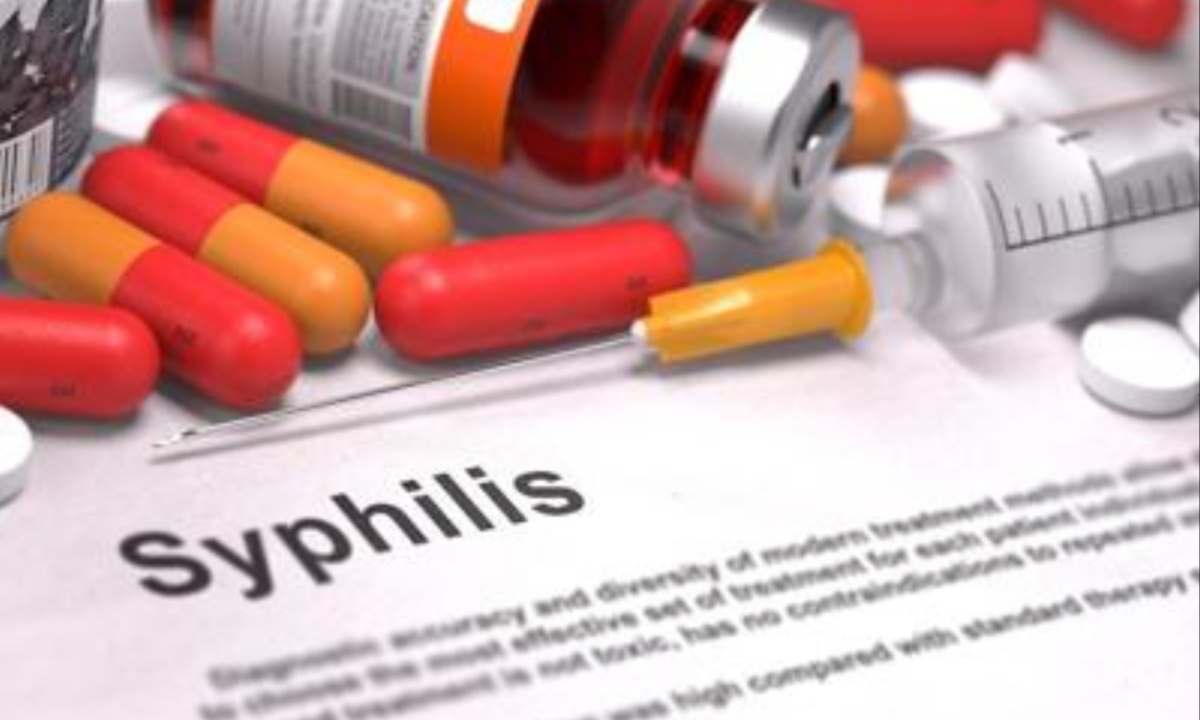The FDA has approved the first at-home syphilis test for sale in the U.S. amid a worsening epidemic of sexually transmitted infections. The NOWDiagnostics test, called the First To Know Syphilis Test, will cost $29.98 and be available in major retail stores by the fall.
While this test offers a quick 15-minute result from a drop of blood, health officials emphasize that it is only a preliminary screening tool and should be followed by additional laboratory testing to confirm a syphilis diagnosis.
Before this approval, no over-the-counter test existed for syphilis, a significant barrier to early detection. Dr. Michelle Tarver of the FDA notes that having a home test could encourage individuals hesitant to visit a healthcare provider to screen themselves.
This could lead to earlier identification, more confirmatory lab tests, and better access to treatment, ultimately helping reduce the spread of the infection. The test provides an easier and less invasive alternative to traditional testing, which previously required a blood draw or testing of fluid from syphilis sores.

The rise in syphilis cases has been alarming, with the CDC reporting an 80 percent increase in cases between 2018 and 2022, growing from 115,000 to over 207,000 cases.
The broader epidemic of sexually transmitted infections, including syphilis, gonorrhea, and chlamydia, led to the Department of Health and Human Services creating the National Syphilis and Congenital Syphilis Syndemic Federal Task Force. The introduction of the at-home syphilis test is part of the government’s plan to curb the dramatic rise in STIs across the U.S.
Syphilis can cause serious complications if left untreated, including heart and brain damage, blindness, deafness, and paralysis. It poses significant risks to pregnant women, as transmission to a fetus can result in miscarriage, congenital disabilities, or infant death.
Syphilis spreads primarily through sexual contact, and less commonly through blood transfusions or organ transplants, but it can only be transmitted sexually in the first few months after infection.
The syphilis epidemic began surging around 2000, initially affecting gay men but now affecting heterosexuals, particularly those who use drugs. Women have also seen an increase in infection rates. The highest rates of syphilis are seen among Black and American Indian populations.
Despite public health efforts, stigma around testing and decreasing condom use have contributed to the epidemic’s persistence. Syphilis was once rare, with annual cases dropping below 40,000 in the 1990s, but inadequate testing and recognition by doctors have allowed the disease to spread once again.
